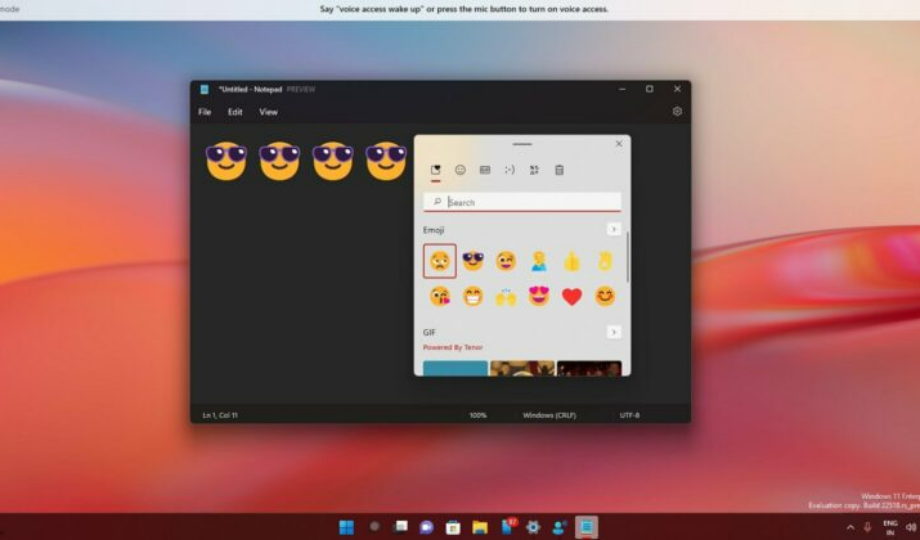You Can Actually Get Free Unlimited Cloud Storage From Telegram
in Cloud Storage / Jan 11, 2022

Free unlimited cloud storage is typically a myth. If someone sells you on it, it usually comes with many caveats—usually with privacy concerns. But there’s actually a totally free, unlimited cloud storage that is pretty legit, so long as it lasts. And it comes via Telegram.
Telegram is a popular, private messaging service that’s famous for its unlimited file sharing, among other things. Turns out, Telegram also has an API that gives developers access to the cloud storage feature. And developers over at TeleDrive used this Telegram API to create a cloud storage service that uses this feature.
It’s pretty simple: You log in using your Telegram account, link it with TeleDrive, and you’re free to upload as many files as you want for free. You’re only limited by the bandwidth. There’s a 1.5 GB daily bandwidth, and a 2 GB upload and download limit. Both can be removed by paying a $10/year fee, if you wanted.
TeleDrive also has the privacy part sorted: It uses Telegram’s own storage, so it’s private by default, and it will also be available in the Saved Messages section in your Telegram app.
All that sounds good. So what’s the catch? We tested the service with multiple files and it holds up. You can even preview video and audio files in the browser. The only real limitation is that this service depends on Telegram’s APIs. If Telegram decides to limit or discontinue its cloud storage APIs, this service is gone. And while the TeleDrive website is free to use, it still has its own server and development costs.
Currently, it’s supported by sponsors, and they plan on introducing ads on the website (not on the dashboard). As long as TeleDrive has enough money to keep the lights on, you’re good to go. If you plan on using TeleDrive to upload large files, we would recommend you shell out for their $10/year plan (which, in the grand scheme of things, is pretty reasonable).
By default, all files uploaded to TeleDrive are private, but you can make it public and generate a URL that anyone can use to download the file, or you can use Telegram and share it with any Telegram user if you know their username. There’s no real collaboration here, but you do get a messaging feature for shared files.
So how should you use this service? It can be a good way to share a lot of large files, or serve as a good secondary or tertiary backup service. But given its fickle nature, we wouldn’t recommend you use it as a primary backup. For that, it’s best to pay for iCloud, Google One, or OneDrive. If you’d like to know more about how the service works, read their FAQ page.
By


